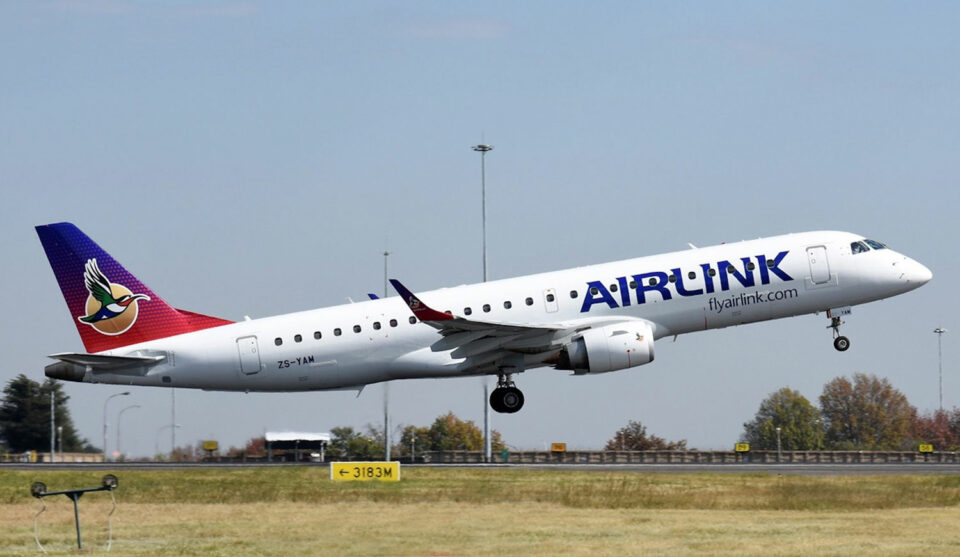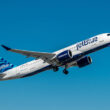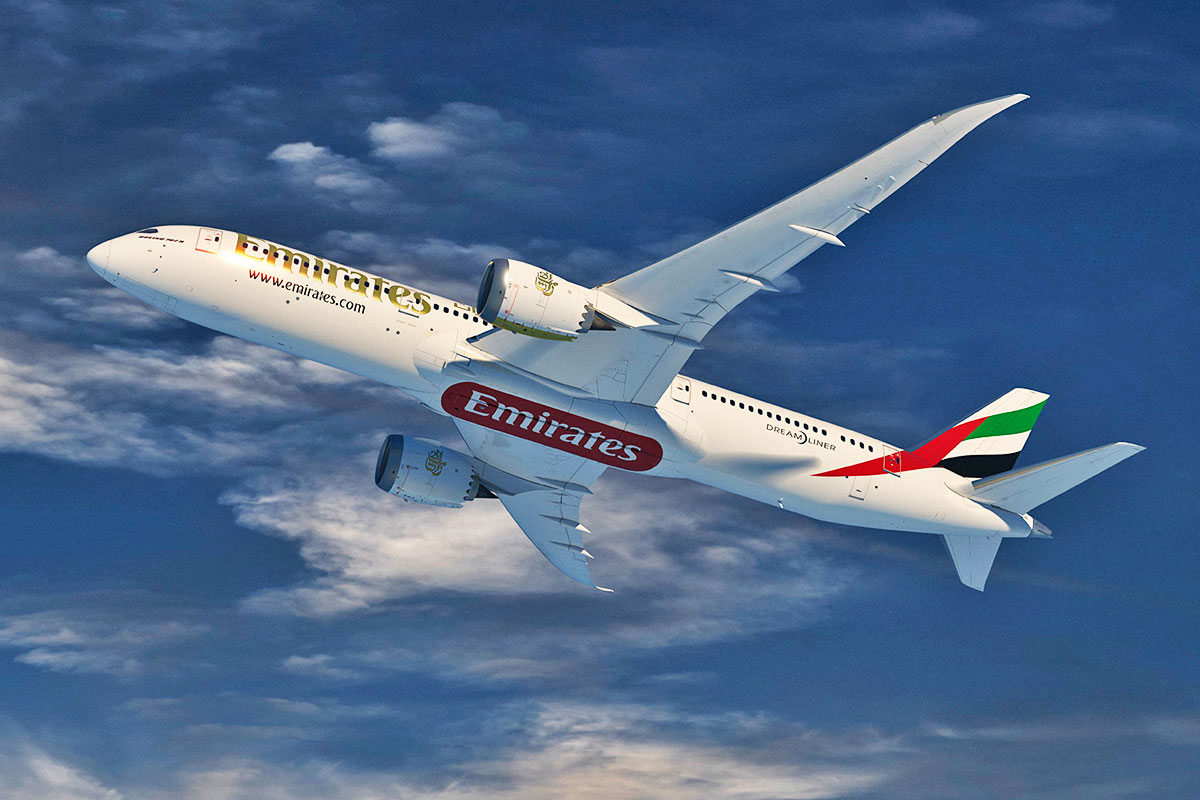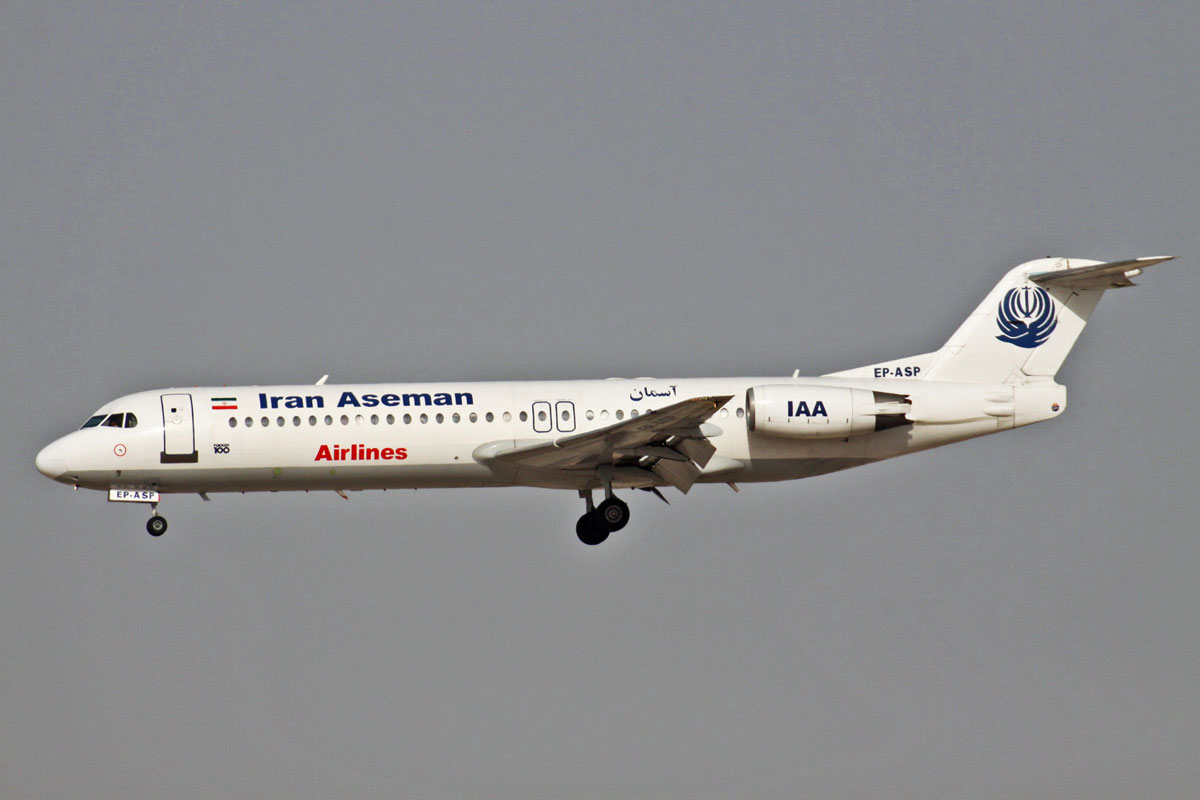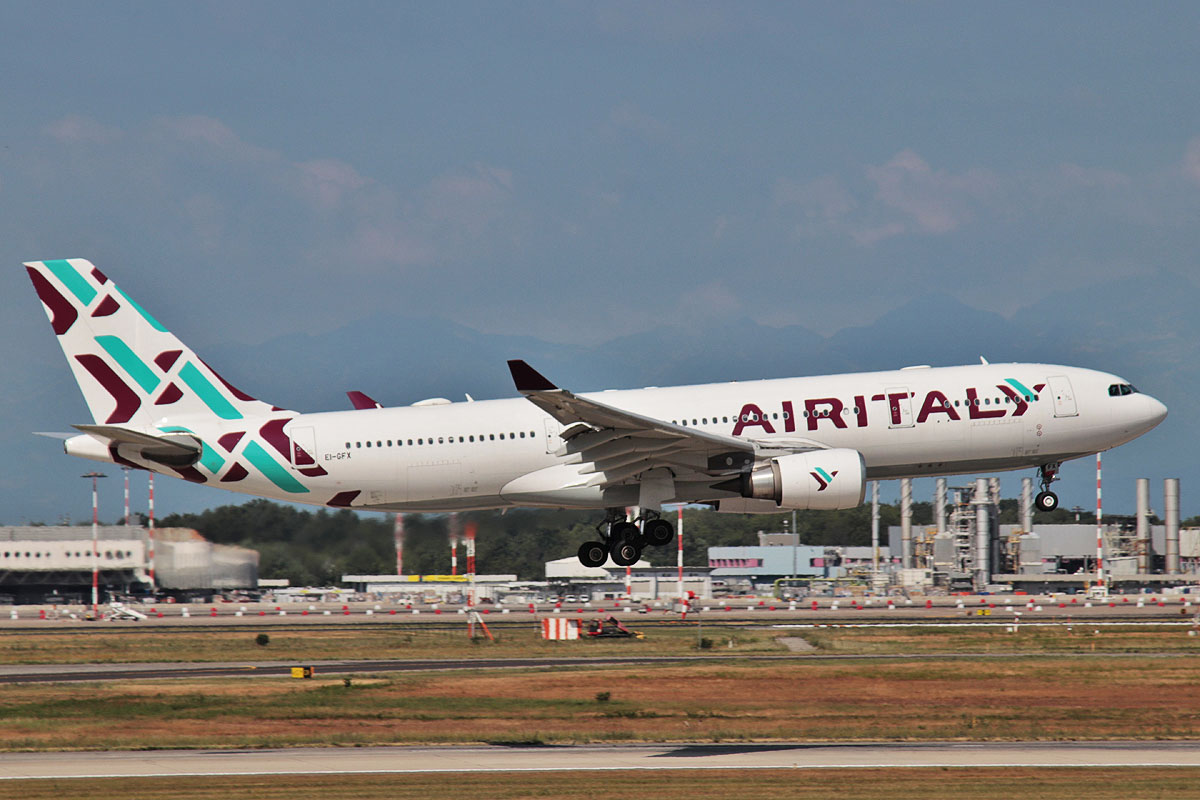The huge demand for air travel in the world and the issues of infrastructure and manpower that affect airlines and airports have motivated emergency actions to deal with the growth in demand for tickets.
One of the initiatives taken by some airlines has been to rely on E-Jets, Embraer’s commercial jets that have adequate passenger capacity for feeder routes.
TAP Air Portugal, for instance, has already confirmed its intention to receive six more E-Jets, without specifying which versions. Currently, the main Portuguese airline operates nine E190s and four E195s, with 108 and 116 seats, respectively.
According to the company’s CEO, Christine Ourmières-Widenero, to the Sam Chui outlet, the jets will reinforce TAP’s hub in Lisbon.
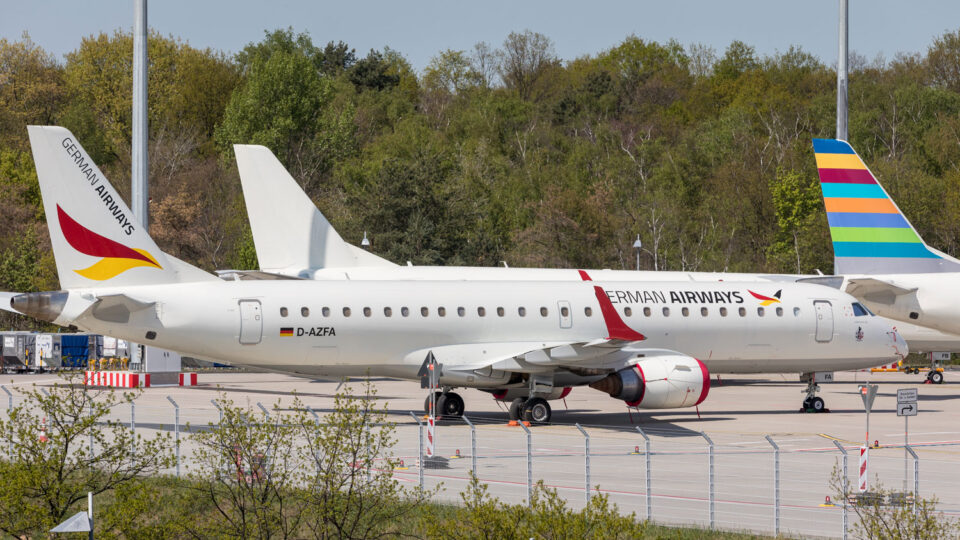
Another major operator of Brazilian aircraft, KLM Cityhopper, found another way to expand its Embraer fleet. The Dutch airline entered into a wet-lease with German Airways to have two E190s in service on its network.
The wet-lease includes plane, crew and other costs and is a way to quickly add more seats. KLM is under pressure because of the high demand for tickets that has affected its flights recently.
Away from Europe, the situation is not much different. South African carrier Airlink signed a leasing agreement with Nordic Aviation Capital (NAC) this week to take delivery of three E195s.
With this, Airlink will fill the gap left by the end of Comair, a low-cost airline that operated as a franchise for British Airways.
The demand for Embraer’s first-generation jets had already occurred even before the pandemic, but it seems to have gained strength in recent times.
